Croatian News
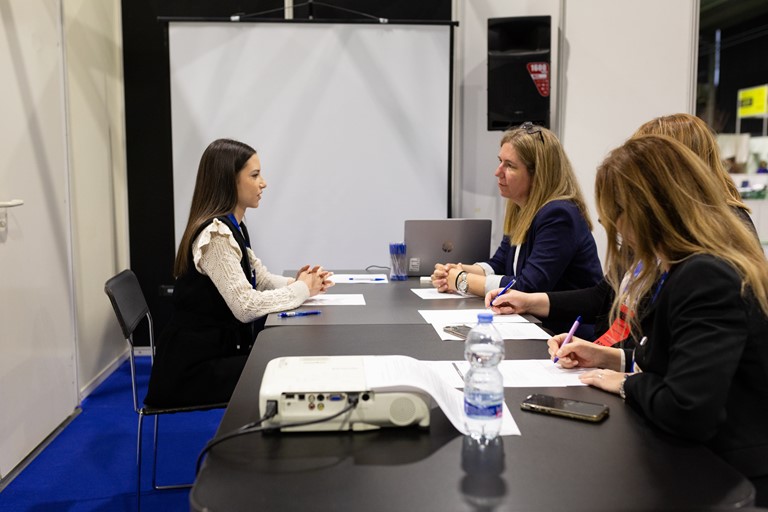
In June 2024, the Ministry of Science, Education, and Youth in Croatia adopted a new regulation for the validation of prior learning. It builds on the Adult Education Act to allow recognition of skills gained through non-formal and informal learning for qualifications at EQF levels 2-5.
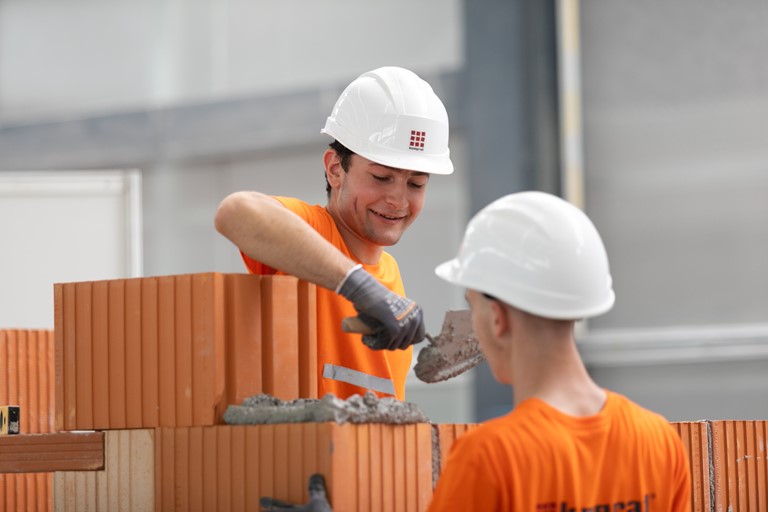
Public consultation on 148 new vocational curricula took place from May to June 2024, marking the first step towards their adoption by the Croatian Parliament and planned introduction to VET schools in 2025.

In May-June 2021, the Institute for Social Research in Zagreb conducted a survey on the impact of the COVID-19 pandemic on education in Croatia. The survey concludes that the effects of the pandemic on learners’ wellbeing and learning progress were considerable; it calls for effective policy responses.
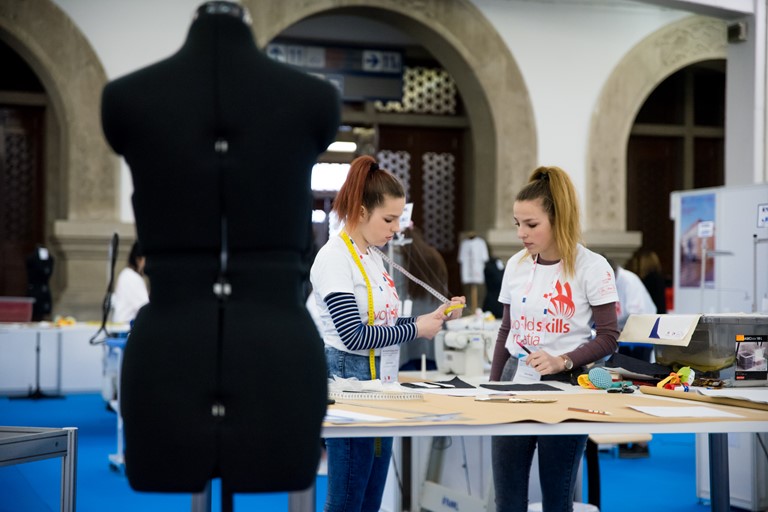
While facing the challenges posed by the COVID-19 pandemic, the WorldSkills Croatia 2021 competition was held live from 11 to 13 May in Zagreb, Croatia, for over 300 IVET learners in 43 disciplines.

From March to June 2020, during the Covid-19 lockdown and the school transition to distance learning, the Agency for VET and Adult Education (ASOO) conducted a survey on the experience, attitudes and needs associated with distance learning in Croatia. They asked 1348 IVET and CVET teachers to assess digital competences, distance learning delivery and available support. Further surveys were also conducted among pre-tertiary and provider levels to plan support and different scenarios for education and training delivery in 2020/21.

The Zagreb and Petrinja earthquakes that occurred in the spring and winter of 2020 respectively, caused major disruption in the education process at all levels, including VET.

From 16 March 2020, Croatian learners at all levels of education, including VET and adult education, are being taught in virtual classes in their homes, as per government decision and guidelines from the Ministry of Science and Education. Three weeks after the first registered case of the Covid-19 virus in Croatia, and upon the declaration of a national epidemic, the education community in Croatia organised virtual teaching in only five days.
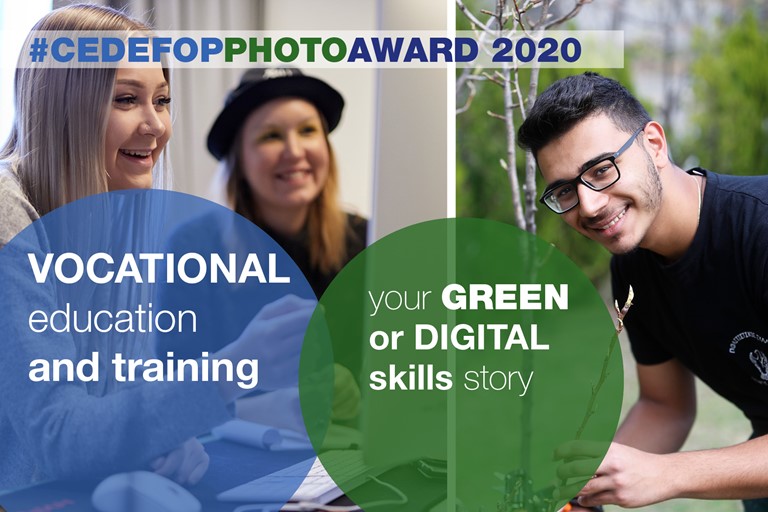
As European countries are starting to ease lockdown measures and some schools are reopening, #CedefopPhotoAward is back for a fifth year to give vocational education and training (VET) learners a chance to have some fun and win amazing prizes.
Image copyright: © Cedefop
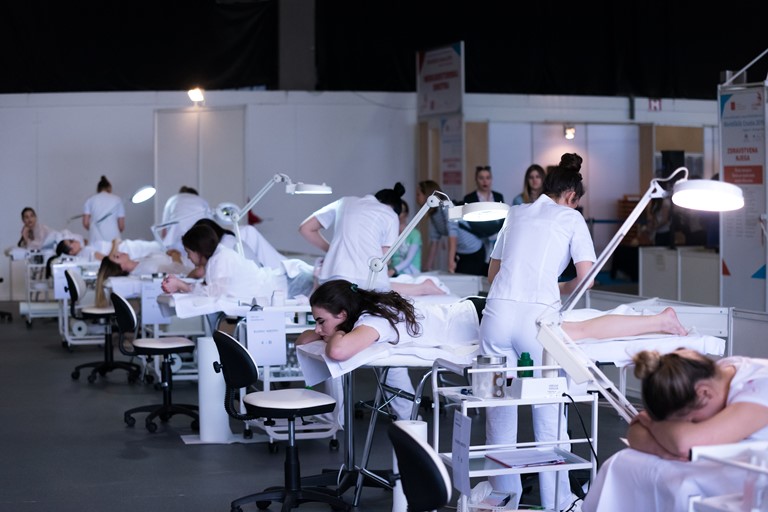
In July 2019, the Agency for VET and Adult Education (ASOO) and the economy ministry (MINGO) launched nation-wide campaigns for the promotion of VET during the main enrolment period in upper secondary education. The enrolment data indicate increased share of students in initial VET, showing that VET is becoming the first choice of many students, including high achievers.

Cedefop has just published a short description of Croatia’s VET system to help understand it better by providing insights into its main features and highlighting system developments and current challenges.
Image copyright: © istock/phant

Over 580 VET students competed in WorldSkills Croatia, where they demonstrated their abilities in 43 disciplines. These included, for the first time, categories for students with disabilities and cross-sectoral disciplines in technologically progressive industries, such as robotics and mechatronics. Practical and team work tasks were at the heart of this year’s event, which attracted more than 10 000 visitors.
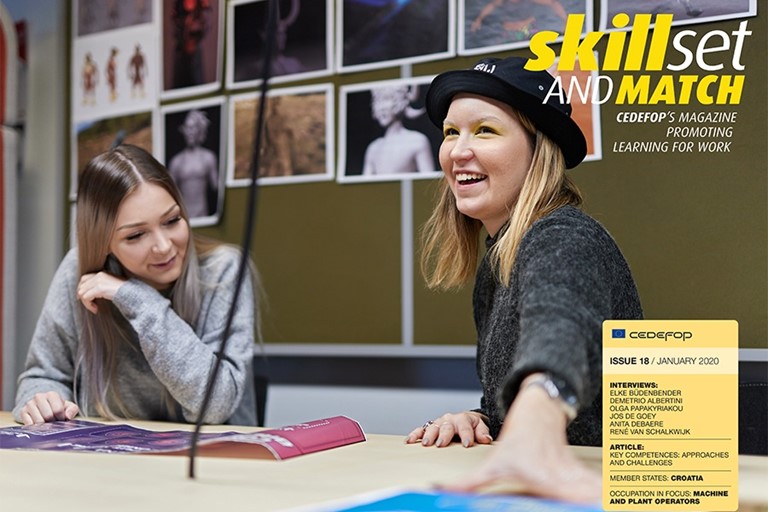
On the occasion of Croatian Presidency of the Council of the European Union, Cedefop published an article on VET system in Croatia, entitled Revamping vocational education and training in Croatia, in the January issue of its magazine Skillset and match.
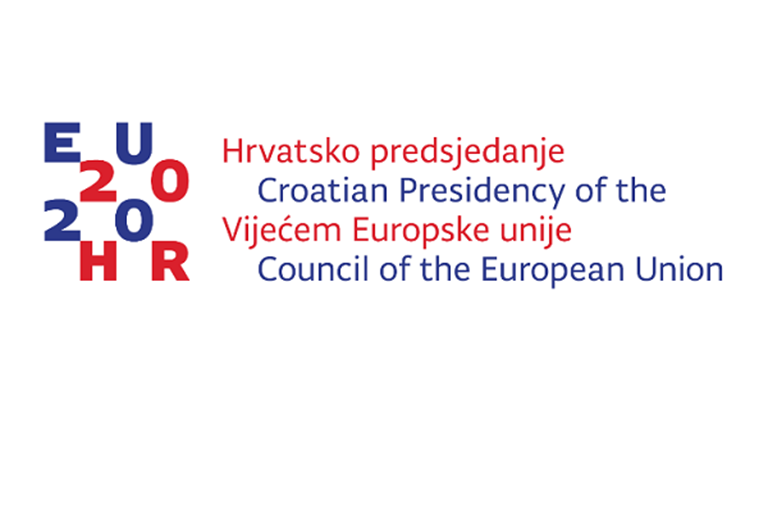
Croatia assumed the six-month rotating Presidency of the Council of the European Union for the first time on 1 January and its programme for ‘A strong Europe in a world of challenges’ includes priorities related to education, lifelong learning, skills and the labour market.

Cedefop's database on VET systems offers extensive information on national VET systems of EU Member States, Iceland and Norway.
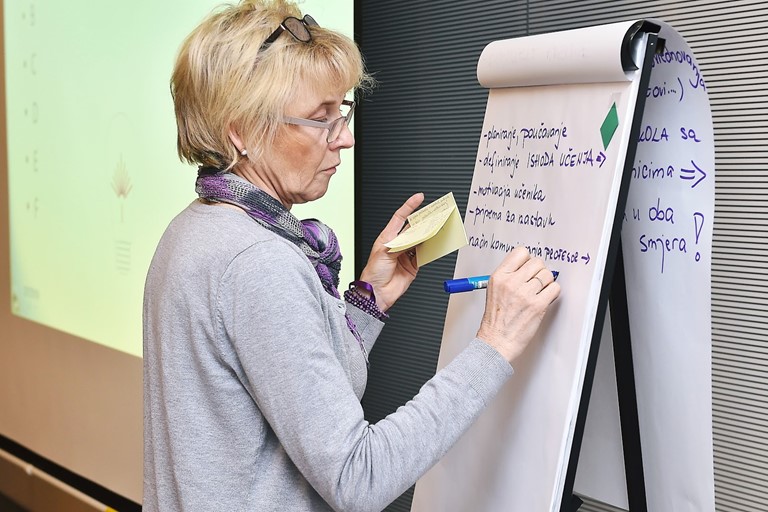
In early 2019, the Agency for Vocational Education and Training and Adult Education (ASOO) signed an agreement to implement the project Modernisation of the vocational education and training system, funded through the European Social Fund, with total project value of over EUR 30 million.
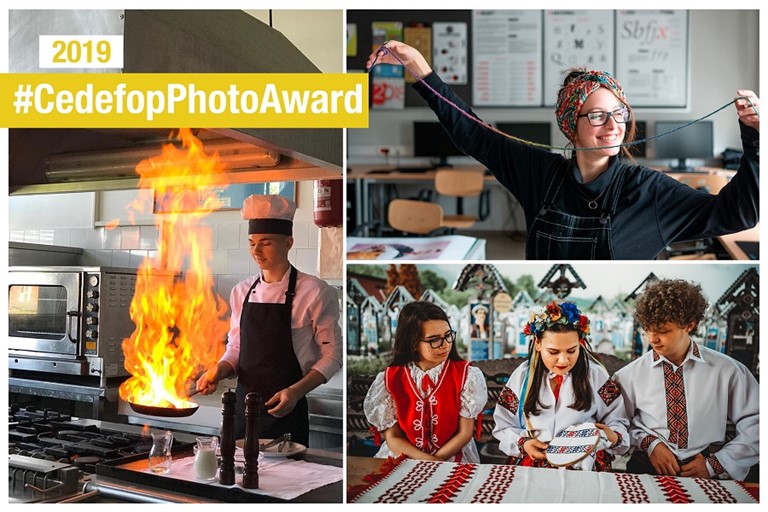
Two winning teams from Austria and Croatia have been nominated for the top award to be presented by European Commissioner for Employment, Social Affairs, Skills and Labour Mobility Marianne Thyssen at the fourth European vocational skills week (#EUVocationalSkills) in Helsinki (14-18 October).
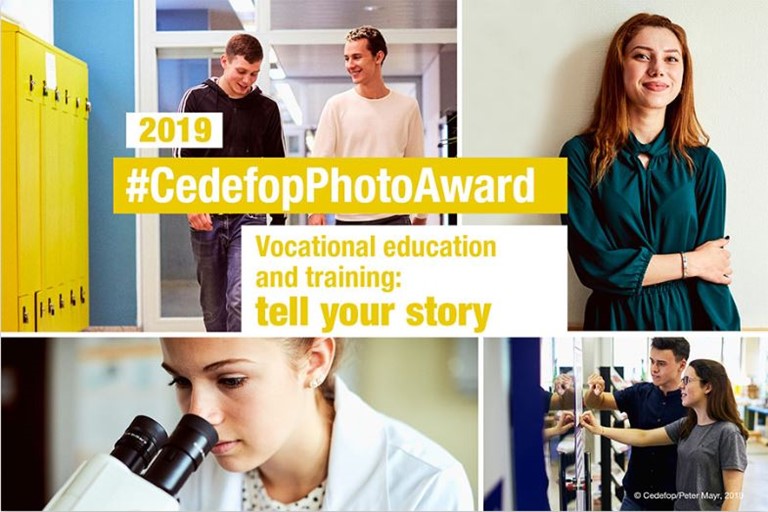
The #CedefopPhotoAward promotes best practice and excellence in VET across the EU and beyond, offering the chance to young learners as well as adults in continuing education to show their talent while promoting the benefits of VET.

Dual education enters 11 VET schools in Croatia with four programmes and 156 enrolled students

Cedefop organises the second policy learning forum on apprenticeships, a European vocational skills week event, on 18 and 19 October in Thessaloniki. Since May 2014, Cedefop has carried out thematic country reviews on apprenticeships in volunteer countries: Lithuania and Malta (2014-15); Greece, Italy and Slovenia (2015-17); Cyprus and Croatia (2017-18).

25 VET schools selected to act as future centres of competence in Croatia
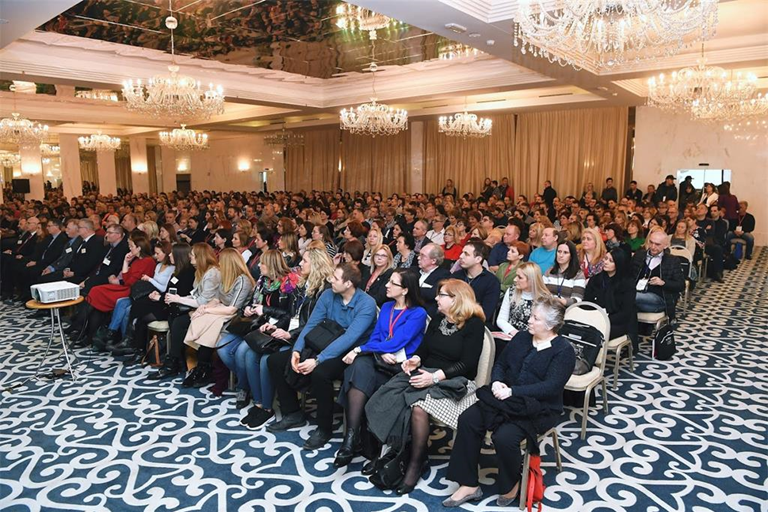
Outstanding success of the largest vocational teachers' conference in Croatia

Croatian e-Schools project receives prestigious UNESCO award for leading initiatives introducing ICT in education in 2017

The Agency for VET and Adult Education has presented the results of the Survey on adult education in 2017 and the Strategic framework for promotion of lifelong learning 2017-21, developed within the ESF project Promotion of Lifelong Learning.

Croatia has a lot of experience of the impact of immigration. Two decades ago the country experienced a huge inflow of the immigrants from neighbouring countries (over a half of a million) affected by the war. Now, immigrant numbers are much lower and these are mostly refugees from non-EU countries.

Croatia presented its ambitious PROMikro project which will use microcomputers to introduce digital literacy elements into various elementary school classes and extracurricular activities

VET has been receiving much attention recently from policy makers and stakeholders, specifically dual education.

A Cedefop delegation headed by Director James Calleja took part in a forum on vocational education and training (VET) promotion in Zagreb on 26 May and met with Croatia’s Minister for Education and Science Pavo Barišić to discuss the ongoing cooperation between the two sides, particularly in the field of apprenticeships.

The Agency for Vocational Education and Training and Adult Education has held from 13th to 27th March 2017 four regional workshops about self-assessment, supported through the Erasmus+ project European Quality Assurance in Vocational Education and Training: National Reference Point (EQAVET NRP).

Project e-Schools is underway, whose goal is to achieve a higher level of digitalisation in all Croatian schools.

Since January 2012, Croatia participates in ECVET as a part of European Commission project National teams of experts.

Croatian Government adopts the new VET System Development Programme 2016-20.

After a year of implementation, the first round of Croatian Comprehensive Curricular Reform is complete.

The process of self-assessment, as a part of quality assurance system, has been developed according to the recommendations from the European reference framework for quality assurance for vocational education and training (EQARF-VET) and schools in Croatia conduct self-assessment according to the VET Act.

On Monday, February 2nd 2015, the Expert working group for implementation of Comprehensive curricular reform for early and pre-school, primary and secondary (VET and general) education has started working.
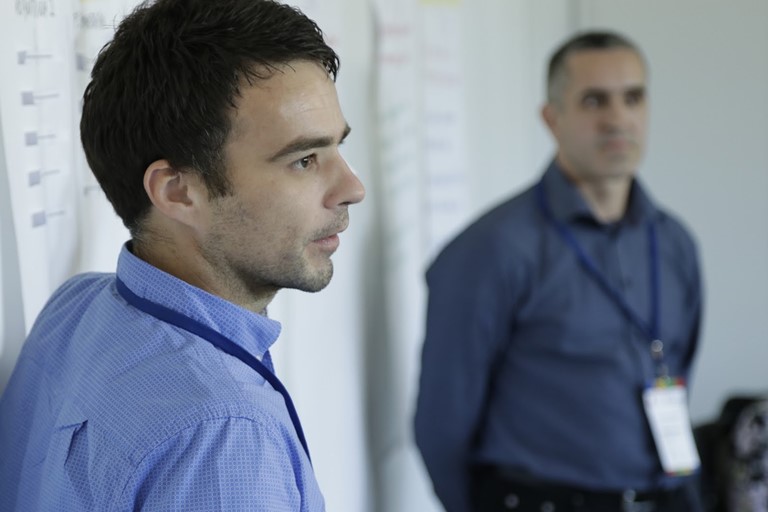

In recent years there are many initiatives aimed at raising and improving levels of digitalisation of schools. Ministry of Science, Education and Sports develops and maintains the fundamental infrastructure for implementation of new technologies in the education and research system of Croatia by relying on the Croatian Academic and Research Network (CARNet) www.carnet.hr and University Computing Center (Srce).

Strategy of Education, Science and Technology was adopted by the Croatian Parliament on October 17th 2014.

In Zagreb, on January 14th 2014, a workshop and a meeting were organised with the representatives of stakeholders in vocational education in Croatia.
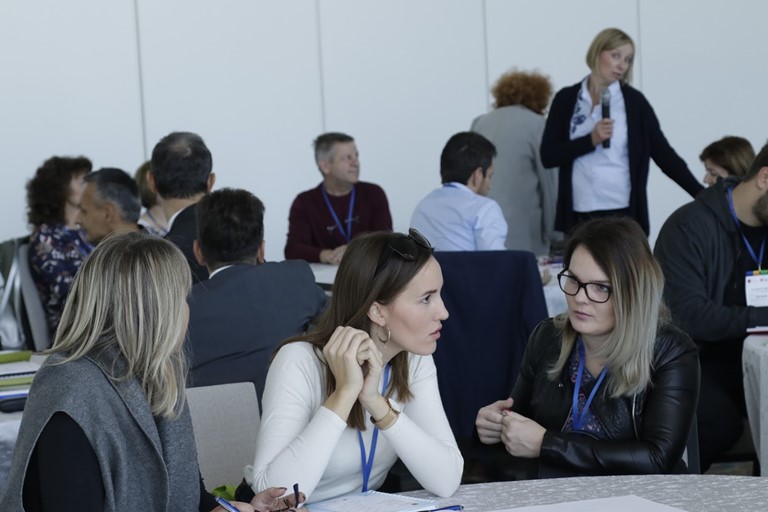
Public discussion on new Strategy of Education, Science and Technology ended on 15th November 2013 and its adoption is expected during 2014.
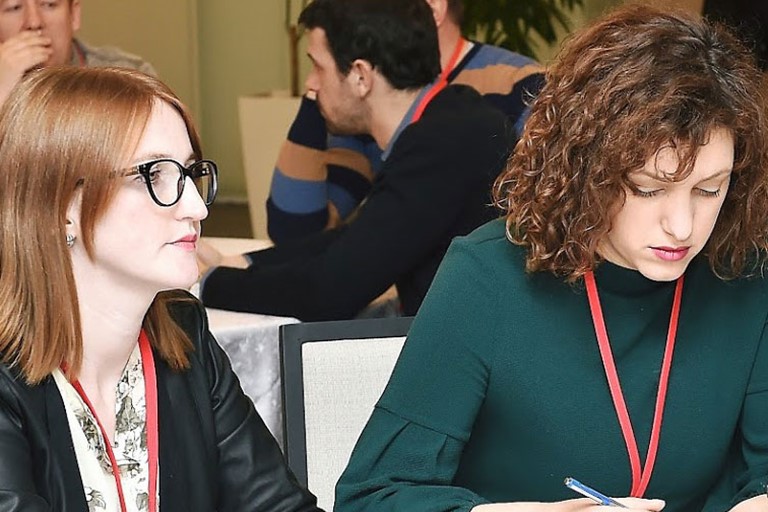
Agency for Vocational Education and Training and Adult Education has signed a two-year partnership agreement with Cedefop thus giving the Department for International Cooperation and Projects of the Agency the role of ReferNet Croatia.
Latest news
In June 2024, the Ministry of Science, Education, and Youth in Croatia adopted a new regulation for the validation of prior learning. It builds on the Adult Education Act to allow recognition of skills gained through non-formal and informal learning for qualifications at EQF levels 2-5.
Public consultation on 148 new vocational curricula took place from May to June 2024, marking the first step towards their adoption by the Croatian Parliament and planned introduction to VET schools in 2025.
In May-June 2021, the Institute for Social Research in Zagreb conducted a survey on the impact of the COVID-19 pandemic on education in Croatia. The survey concludes that the effects of the pandemic on learners’ wellbeing and learning progress were considerable; it calls for effective policy responses.
While facing the challenges posed by the COVID-19 pandemic, the WorldSkills Croatia 2021 competition was held live from 11 to 13 May in Zagreb, Croatia, for over 300 IVET learners in 43 disciplines.
Latest publications
Rss feed
Driven by 2030 climate targets and the 2020 Osnabrück Declaration's commitment to just transitions to digital and green economies, EU Member States are quietly revolutionising vocational education
In 2025, Slovenia marks 25 years of its national vocational qualifications (NVQ) system – an inclusive path to formal recognition of skills, regardless of how they were acquired.
A new decree updates Italy’s GOL (Employability guarantee) programme, removing access restrictions and improving implementation.
As Europe accelerates its upskilling and reskilling efforts, microcredentials are emerging as a practical way to support flexible, targeted learning — often outside formal systems.
